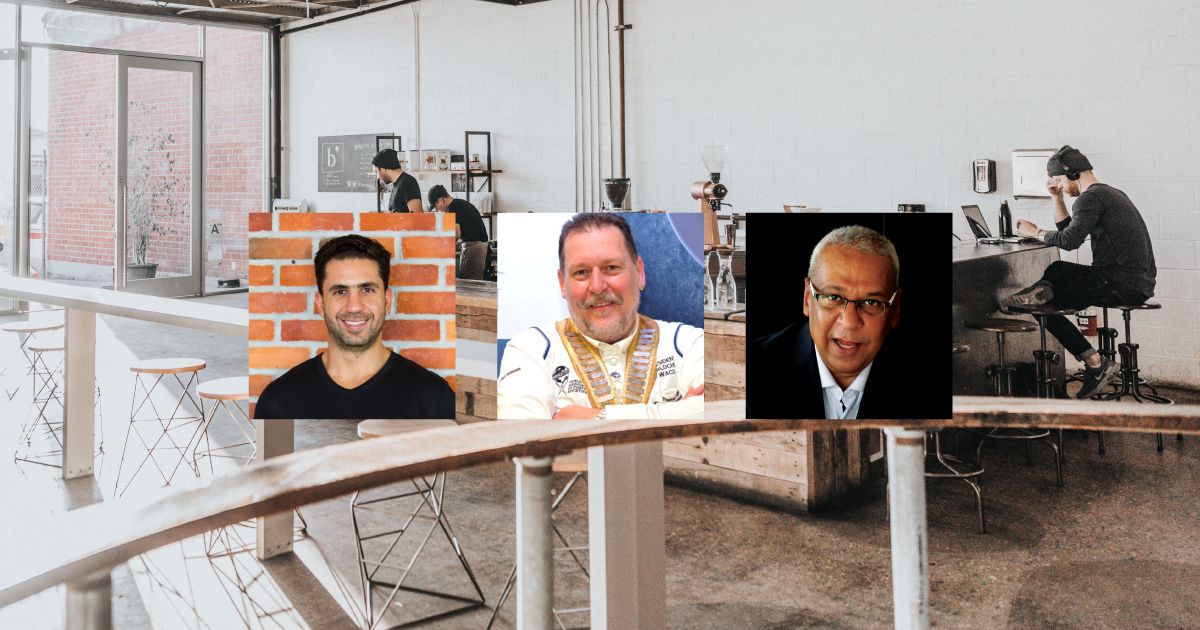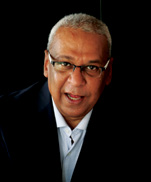
After years in the industry, with plenty of ups and downs, I have learned a few valuable lessons about how to — and how not to — run a business.
Here are some of my top tips: – Focus on the 80/20 rule: 80 percent of your results come from 20 percent of your actions.
– Learn to say “no” politely
– Don’t multitask — focus
– Prioritize your priorities
– Deep work is more valuable than busy work
– Be willing to automate, delegate and outsource
– If it takes less than two minutes, do it now
– Fall in love with the process
– Focus on what you can control
– Don’t let emotions control your work
– Know your numbers
– Do what it takes to succeed
– Be prepared to fail
– Be prepared to be in it for the long run
– Set clear expectations
– Genuinely care about your team and your customers
– Give helpful feedback to your team and learn to receive criticism from customers
Hiring F&B operations managers
When I’m hiring an operations manager, there are several core characteristics I look for, including:
– High emotional IQ
– Strong social skills
– Charismatic personality
– Presentable demeanor
– Great communicator
– Honesty and dependability
– Empathy
– Analytical with data and reports
– Strong grasp of F&B basics.
– Passion for the product being sold
Advice for students considering a career in culinary arts
– If your heart is not in it, don’t do it, when you know it is not for you, leave quickly.
– Culinary art is not just an art — it is also a science.
– The phrase: “If you can’t stand the heat, get out of the kitchen”; applies to the whole industry.
– If you can’t, learn from someone else then start your own business.
Five key traits
A true kitchen professional possesses a number of core characteristics. Five of the most valuable traits include:
1. dedication to achieving excellence in culinary arts through the appreciation of food;
2. openness to lifelong learning and understanding that the quest for knowledge and skill development is never ending;
3. eagerness to explore international traditional cuisines, ingredients, flavor profiles and cooking techniques;
4. encouraging and providing menus or modifications that meet dietary requirements;
5. supporting their trade association locally, nationally and internationally, making a lifetime commitment to the development of their profession.
When hiring a chef
Ideal qualities when hiring a chef include long-term employment patterns, and promotions within or relocation opportunities provided by employers. Chefs who are committed to education and provide training seminars or workshops tend to be great mentors and leaders in the kitchen. Accomplishments, awards and recognitions indicate the desire to strive for excellence in the culinary industry. Chefs who are actively involved in trade associations demonstrate commitment to their profession and industry in general. When hiring kitchen staff, training and work experience is always preferred. However, eagerness to learn and a positive attitude toward training can open new doors of opportunity.
Tips for chefs of the future
Work for the type of chef you want to become. Be committed to the journey and learn everything you can at school, in the workplace and online. Be an explorer and appreciate the culinary arts. Taste everything and become familiar with as many traditional cuisines as possible before you enhance with your own creativity. Understand dietary requirements and how to modify your menus and recipes to satisfy the needs of your customers. Become a designer in plate presentation through unique food combinations, textures, colors and taste to create your own culinary style. Never stop learning.
President of Worldchefs and VP culinary at
Saudi Airlines Catering Company
worldchefs.org
saudiacatering.com
“In today’s world, what we require is competent, talented chefs who can think outside of the box. Being creative, mastering skills and techniques, and bringing unusual flavors to the table takes time, so completing a year at a culinary school does not make you a Michelin-starred chef.”

















